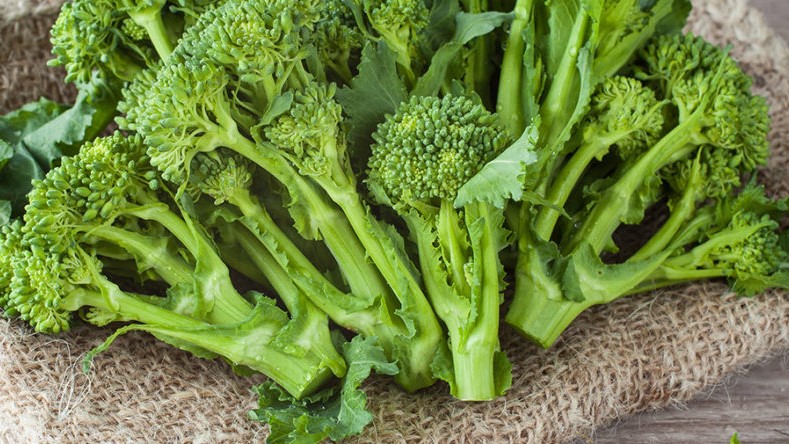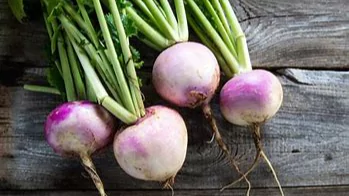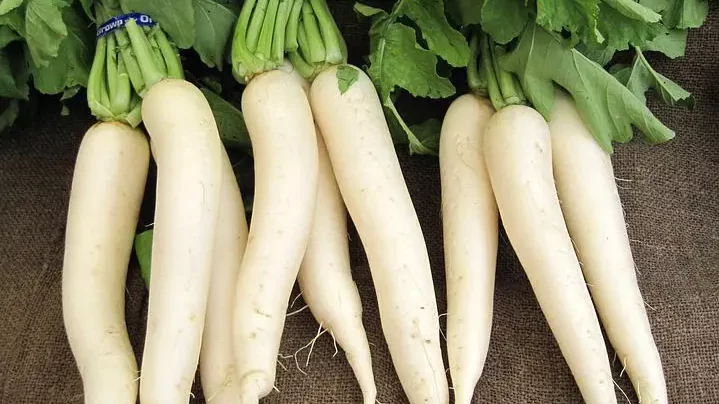Broccoli
Broccoli is a cruciferous vegetable derived from the Brassica plant. It is a type of flower with a large plant in the middle with gray-green leaves and green florets (some varieties are purple). It’s simple and easy to find in most grocery stores.
Broccoli is considered one of the most nutritious vegetables and can be a delicious addition to any meal or meal as a side dish, in casseroles, soups and stews. fries, or eat it well in an entree. Eating broccoli raw or cooked provides many nutrients, although some cooking methods reduce the flavonoids
When to plant broccoli
Broccoli is a good early-season crop, so it should be started in early to mid-spring (depending on your climate) for early summer, or mid-summer. for failure. High temperatures will affect the development of the broccoli head (the part that is harvested), so the goal is for the broccoli to ripen before or when high temperatures are expected. Broccoli seeds can grow in soil temperatures as low as 40 °F (4 °C), but warmer soil is best, and it will develop faster.
For planting, broccoli can be started indoors or outdoors a few weeks before your last frost date. Check our planting calendar to see the recommended dates for your area. In general:
Start seeds indoors 6-8 weeks before your last frost date. Sow seeds outdoors 2 to 3 weeks before your last frost date, or as soon as the soil can be worked in the spring.
For fall planting (best in warm climates), plant seeds outdoors 85 to 100 days before the first fall frost, when the soil and temperatures are warm.
How to plant broccoli

If starting seeds outdoors, plant the seeds 1/2 inch deep and 3 inches apart.
Once the seedlings are 2 to 3 inches tall, thin them out so the plants are 12 to 20 inches apart. If you started seeds indoors, plant the 4-6-week-old (and have 4-5 leaves) outdoors, 12-20 inches apart, in a hole slightly deeper than the depth of their container. .
Space rows of broccoli 3 feet apart. (A narrower opening results in a smaller head, but a larger second head.)
Water wells during cropping
Nutrition
As a member of the Brassica family of cruciferous vegetables — a family that includes other leafy green vegetables such as bok choy, cabbage, kale, and Swiss chard — broccoli is a good source of phytochemicals called isothiocyanates. which fights damage for free.
In addition to isothiocyanates such as sulforaphane and erucin, this vegetable also contains indoles – all of which are powerful antioxidants and stimulants that activate enzymes that protect cells and DNA. It also contains glucosinolates, carotenoids, chlorophyll, vitamins E and K, essential minerals, phenolic compounds, etc.
In addition to its proven cancer-fighting abilities, broccoli is considered a nutritional powerhouse when it comes to providing high levels of vitamins and minerals. As you can see below, it is a high source of dietary fiber; dietary protein; vitamins K, A and C; and others.
Also, there are few calories in broccoli. According to a 2018 study published in the journal Molecules, broccoli florets contain high levels of amino acids, glucoraphanin and neoglucobrassicin compared to other parts of the plant, while broccoli leaves are high in carotenoids. , chlorophylls, vitamins E and K, phenolic content and antioxidant activity.
Health Advantages of Broccoli
Boost the immune system
Vitamin C is well known for fighting disease in the body. Therefore, it is important for the development and repair of cells and tissues throughout the body. Chinese broccoli is rich in vitamin C and provides the body with all the protection you need for your body.
You can also eat citrus fruits, such as lemony oranges to boost your immune system. Read more on the health benefits of citrus fruits for the immune system. Not only that, it is also an important weapon for immune function to fight disease and harmful substances in the body.
prevent cancer
broccoli has been shown to have anti-cancer properties. Also, it is rich in anti-inflammatory and antioxidant properties. Some studies show that raw broccoli has great potential against prostate cancer and reduces the risk of its development.
Regular consumption of Chinese broccoli has also been shown to be effective against ovarian and breast cancer. Broccoli helps prevent oxidative stress in healthy cells and therefore reduces the risk of developing cancer in the body.
To maximize this benefit, you should make it a staple of your diet rather than just an addition to your diet.
Make your bones strong
broccoli is a good source of vitamin K, which is important for the absorption of calcium in the body. Lack of vitamin K will lead to weak bones and easy bone loss in the body. Not only is it rich in vitamin K, broccoli is also rich in calcium, which is the key to bone growth, development and healing. In addition, zinc and phosphorus content also play an important role in improving bone health. Broccoli can help support weight loss. Because it is low in calories and high in fiber, broccoli can help you feel full and satisfied. This can help reduce the number of calories you eat throughout the day, which can support weight loss efforts.
Antioxidant Properties
Broccoli is rich in antioxidants. This vegetable contains compounds called flavonoids and sulforaphane, which have powerful antioxidant effects. These compounds can help protect cells from free radical damage, which can lead to chronic diseases such as cancer and heart disease.
Maintain Lower cholesterol level
Broccoli can help lower cholesterol levels. The fiber in broccoli can help bind cholesterol in the digestive tract and remove it from the body. This can help lower blood cholesterol, which can reduce the risk of heart disease.


